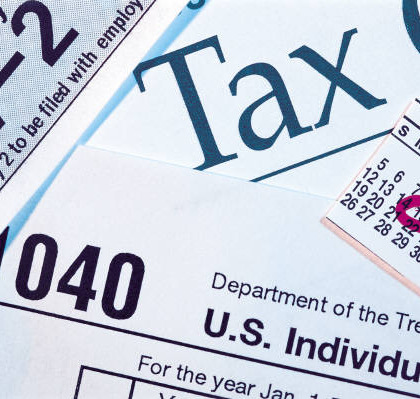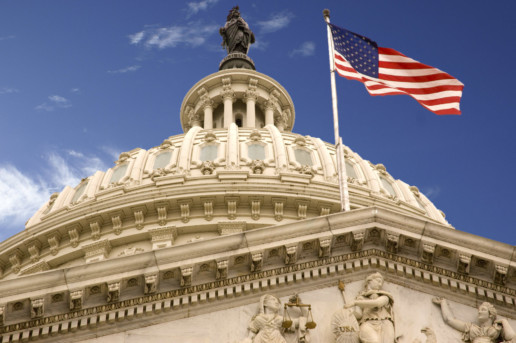Under the ACA:
Proposed under the AHCA:
- Establish a state based health insurance exchange and provide oversight of health plans with regard to the new insurance market regulations, consumer protections, rate reviews, solvency, reserve fund requirements, premium taxes, and to define rating areas.
- New taxes on health insurers: $8 billion in 2014; $11.3 billion in 2015-2016; $13.9 billion in 2017; $14.3 billion in 2018, indexed in later years by the rate of premium growth. Lower rates or exemptions for non-profit insurers.
- New taxes on pharmaceutical manufacturers: $2.8 billion in 2012-2013; $3.0 billion in 2014-2016; $4.0 billion in 2017; $4.1 billion in 2018; and $2.8 billion in 2019 and later.
Source: kff.org
- ACA taxes repealed, effective January 1, 2017, except where otherwise noted:
- Tax penalties associated with individual and large employer mandate, reduced to zero effective on January 1, 2016
- Cadillac tax on high-cost employer-sponsored group health plans is suspended for tax years 2020 through 2025, no revenues shall be collected during this period
- Increase in Medicare payroll tax (HI) rate on wages for high-wage individuals, effective January 1, 2023; also 3.8% net investment income tax on unearned income for high-income taxpayers
- Tax on tanning beds – Tax on health insurers
- Tax on pharmaceutical manufacturers
- Excise tax on sale of medical devices
- Provision excluding costs for over-the-counter drugs from being reimbursed through a tax preferred health savings account (HSA)
- Provision increasing the tax (from 10% to 20%) on HSA distributions that are not used for qualified medical expenses.
- Annual limit on contributions to Flexible Spending Accounts (FSAs) repealed
- Annual limit on deduction for salary in excess of $1 million paid to employees of publicly held corporations repealed
- Income threshold for medical expense deduction reduced from 10% to 5.8%
Source: kff.org











